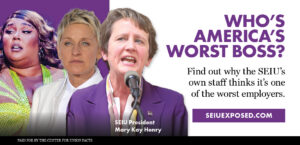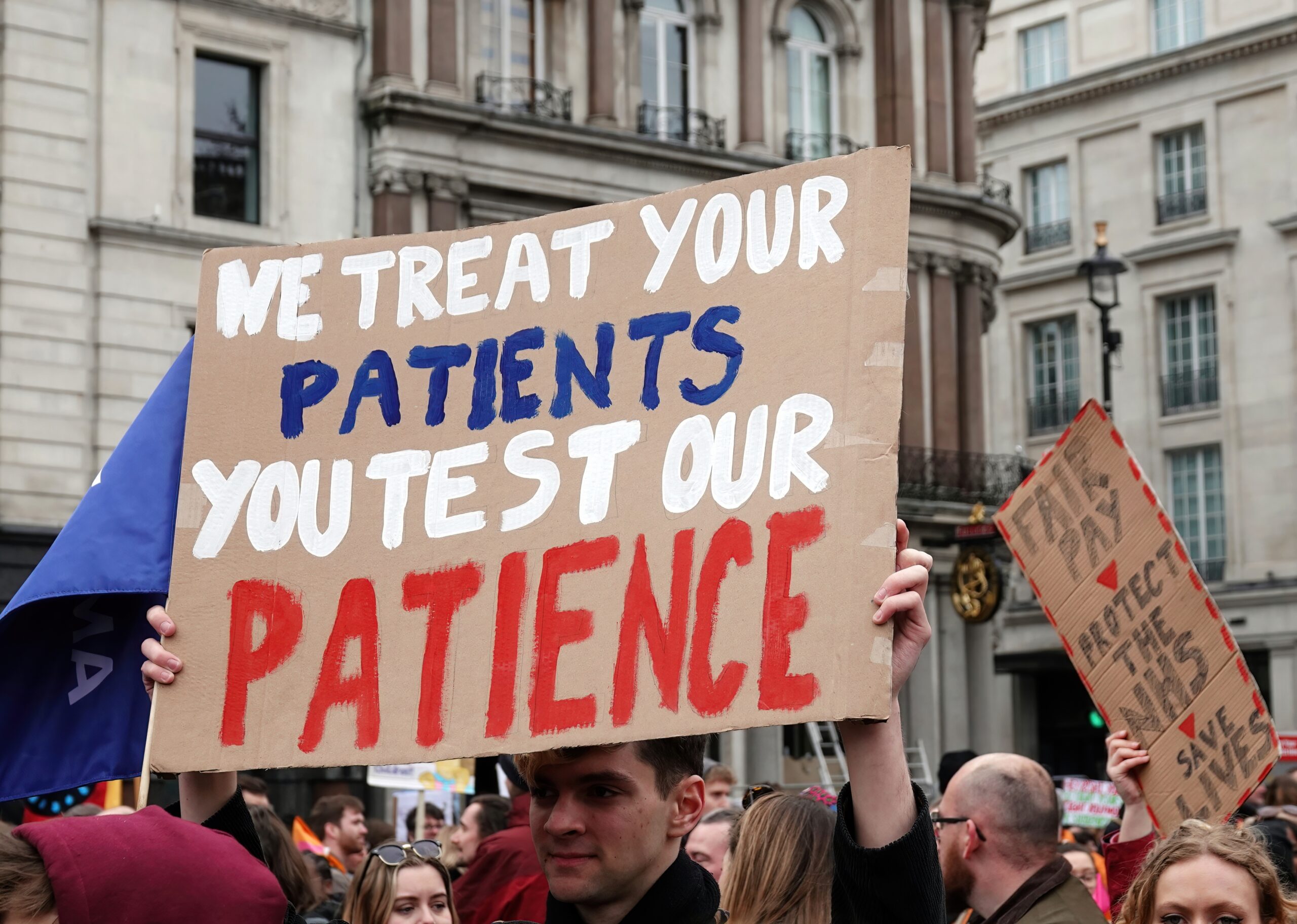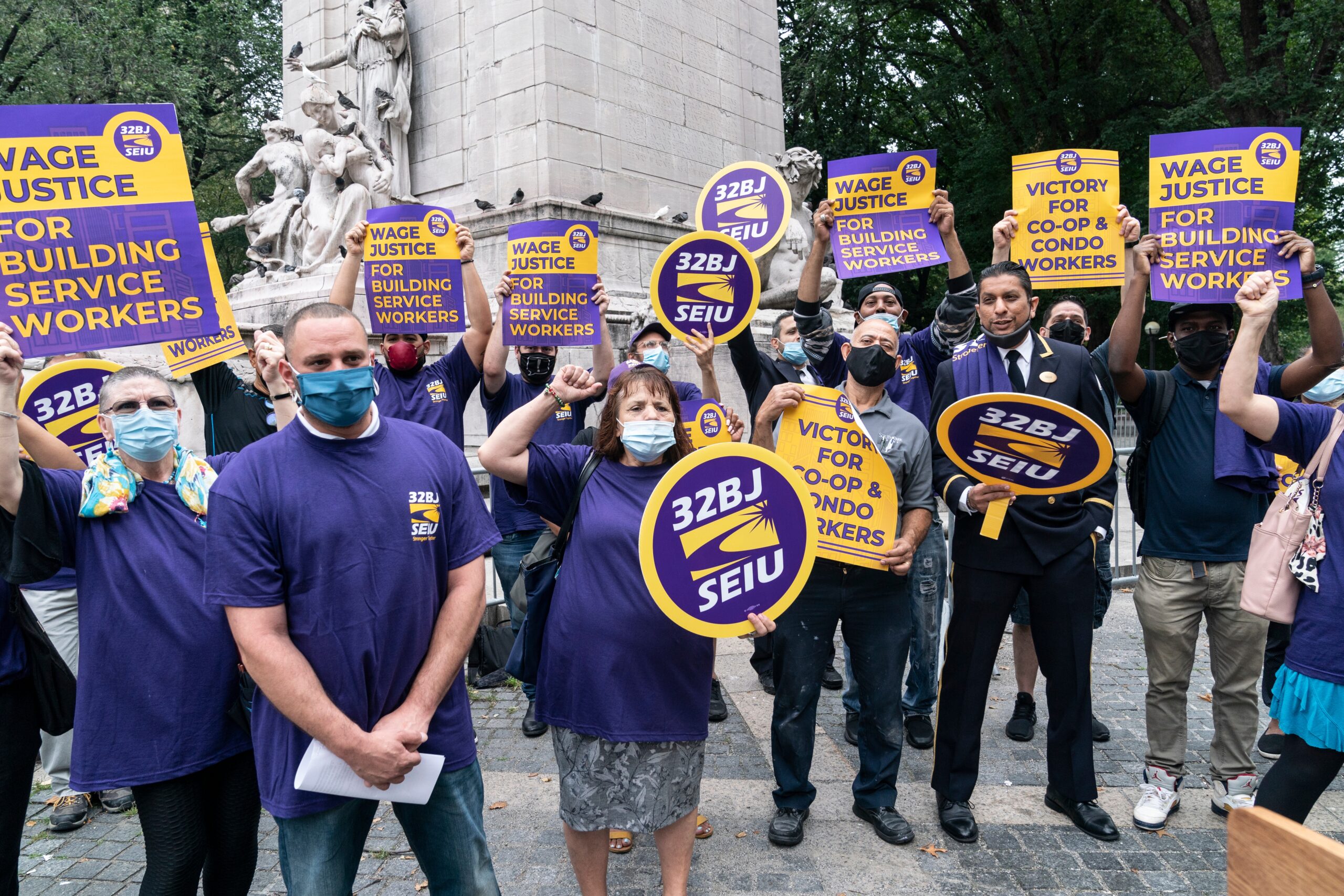 The UAW often proudly notes its support for electric vehicles (EVs) and concern over climate change. So why is it blasting the Biden administration for investing in EV plants?
The UAW often proudly notes its support for electric vehicles (EVs) and concern over climate change. So why is it blasting the Biden administration for investing in EV plants?
Add this two-faced approach to the union’s long history of mixed messaging on vehicle emissions.
In the 1990s, the UAW aggressively lobbied against automobile emission standards. The union put pressure on the Clinton-Gore campaign in 1992, convincing the ticket to reduce its support for federal emission standards. They lobbied to kill an emissions regulation in 2002, and gave testimony before Congress against the concept in 2007.
Despite a clear track record of opposing lower vehicle emissions, the union has maintained that it supports initiatives like the “promotion of alternative fuels,” or the production of alternative vehicles, instead of implementing emission restrictions.
Well it’s now 2023 and the UAW got its wish. The debate on climate change and the auto industry is now focused on EVs rather than emission restrictions, and the White House is in the process of pumping billions into EV production.
But the UAW still isn’t happy. Now that EVs are viable, the union is pushing against them. In 2018, the UAW circulated a report detailing its new stance on EV production.
According to the report:
“Electrification presents an opportunity to create innovative products, but the nature of EV production could also threaten employment levels in the automotive industry”
“The shift to EV powertrains also presents a challenge to the employment of workers currently making ICE engines, transmissions, exhaust systems, and fuel systems. Tens of thousands of UAW members have high quality union jobs producing such components. If an increasing number of vehicles do not require these components, it could have a negative impact on employment levels at plants making these components.”
Nor was this change of heart limited to 2018. This year, the union called on the Biden administration to lower its 2032 goals for EV production, calling the standards “premature” and claiming that they could “disrupt the market,” and has blasted the president for investing federal money into EV plants. The UAW has even gone so far as to withhold an endorsement of President Biden’s reelection campaign over their gripes with his EV policy.
Throughout all this, the UAW hypocritically claims that it supports EV production, even going so far as to work to unionize EV plants. Yes, the same EV plants that the union claims could kill UAW jobs – first at Tesla and now at Detroit’s Big Three automakers.
To recap the union’s position on EVs: The UAW supports EVs as an alternative to emission standards, then it tells you how much damage they could cause, and uses political pressure to undermine them.
Seems clear as mud.
 The Center for Union Facts released a bombshell report and TV spot exposing the Service Employees International Union (SEIU) for years of controversial employment practices.
The Center for Union Facts released a bombshell report and TV spot exposing the Service Employees International Union (SEIU) for years of controversial employment practices.








